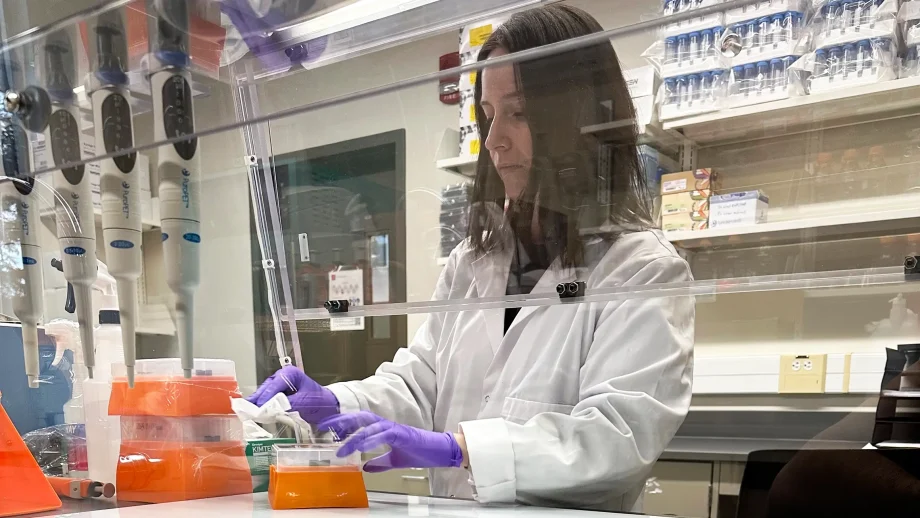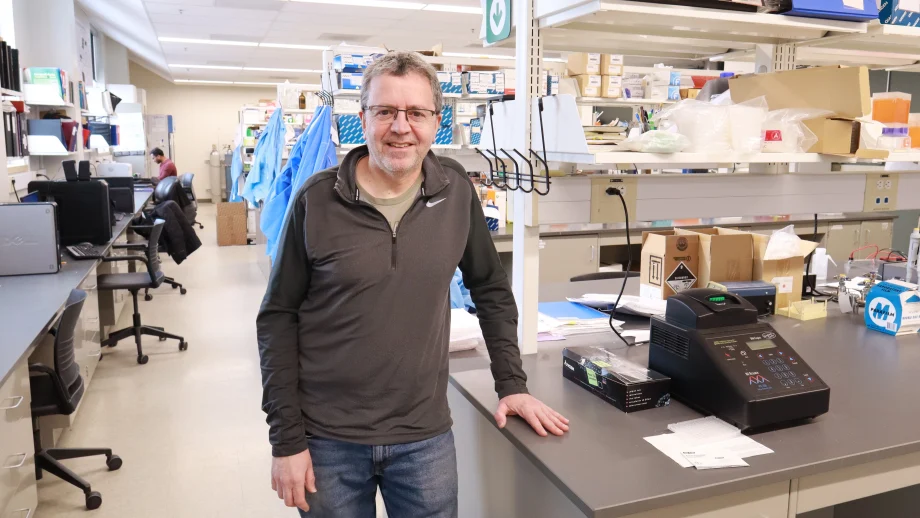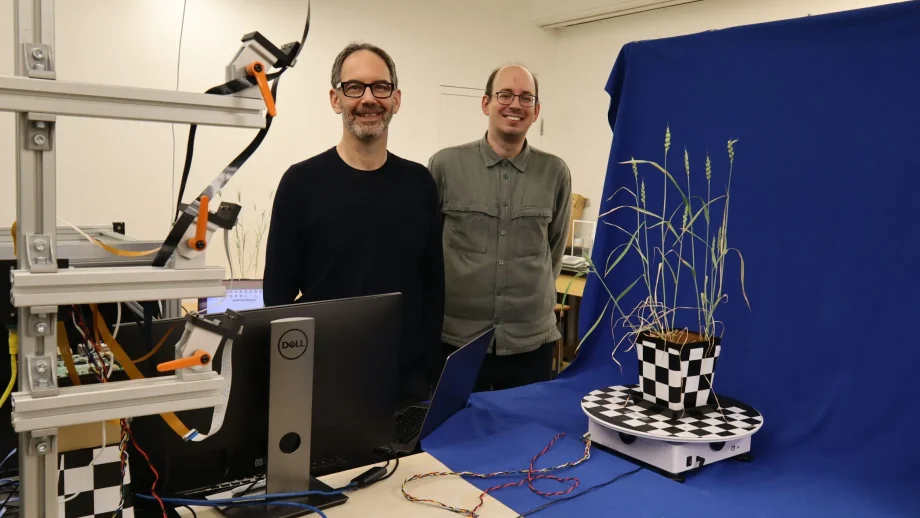
Prairie Climate Centre’s Rhéa Rocque is asking how climate change affects health and well-being? Photo supplied.
How does climate change affect health and well-being? That’s what Rhéa Rocque of the Prairie Climate Centre (PCC) is looking to explore.
After joining the PCC last September as a research collaborator, she officially became a postdoctoral fellow on May 1. Rocque, whose background is in health and social psychology, is pursuing public health, climate change, and knowledge translation and communication research through the PCC’s multi-year funding agreement with the Public Health Agency of Canada.
In collaboration with PCC Co-Director Ian Mauro and Research Associate Laura Cameron, Rocque wrote a book chapter on the links between the COVID-19 pandemic and climate change crises.
“We suggested reflecting on the differences between the two crises to explain the better public engagement with COVID-19 in comparison to climate change,” Rocque explained. “Climate change has been communicated for decades and we haven’t seen this type of public engagement.”
There are two questions they ask in the chapter: What are the characteristics of these crises that can explain why more people are engaged with COVID-19 than climate change and what are the characteristics of communications about COVID-19 versus climate change that may explain why people are more engaged?
One of the biggest problems Rocque and colleagues found was that most climate change communications tend to have an approach that is more facts based and seem to operate based on the premise that if people receive more facts, they will understand the issue and become engaged.
While this may not seem like a problem, this premise poses barriers to public engagement since people are, in fact, not as “rational” of thinkers as we like to believe. Indeed, emotions, identity, and values play a key role in determining engagement with an issue.
“The main focus is to look at how these crises have different characteristics which trigger different emotional responses and how most climate change communications have not been able to harness the power of emotions to motivate people to action,” Rocque said.
They also noted how COVID-19 communications were effective at engaging people on social media by translating complex concepts like exponential growth, which can be compared in climate change to exponential growth in carbon emissions.
“It’s all the same, but somehow most climate change communications fail to translate this visually on social media,” Rocque said. “So, it’s something we can learn from.”
Another lesson that can be learned from COVID-19 communications is the importance of providing the public with clear, doable actions they can engage in to mitigate the threat. When facing such complex, global, and existential threats, it’s normal to experience anxiety or other distressing emotions.
“One way to cope with these emotions is to act on the problem. COVID-19 communications were successful at providing the public with clear actions, such as stay home, wash your hands, save lives,” Rocque said. “Climate communications need to do a better job at breaking down the complex threat of climate change to provide the public with actionable items they can engage in here and now to mitigate the distressing emotions that may lead to denial or paralysis if not addressed.”
But she hasn’t just been working to compare COVID-19 and climate change. Since arriving at the PCC, Rocque has focused on exploring the link between climate change and infectious diseases, such as Lyme disease.
The idea is to use health framing to communicate climate change. To test this, three communications materials were developed by the PCC to help engage the public so they can understand complex issues around Lyme disease and climate change.
In short, the materials showed that increased warming led to ticks moving further up north than they ever have. However, when they tested these materials, the results were surprising and “slightly disheartening.”
“For those skeptical of climate change, they were more skeptical about the information about Lyme disease because they were not really buying into the relationship of them,” Rocque explained. “For others who were concerned with climate change, the message was still muddled in these materials as they often didn’t know if (the information) was about climate change or Lyme disease.”
While literature suggests health framing of climate change is a good thing, the study found people were very critical of coupling climate change information with Lyme disease.
Due to these surprising initial results, the PCC will continue testing this potential health and well-being framing with different diseases and audiences.
In the future, Rocque will also be delving into the mental health aspect of climate change. Because climate change is a long term and complex threat, there is a generation of people growing up in uncertain times, leading to more and more anxiety.
“It’s a piece that’s missing from the climate sciences and this is what I’m most looking forward to working on,” she said. “We need to change the social norms about climate change.”




